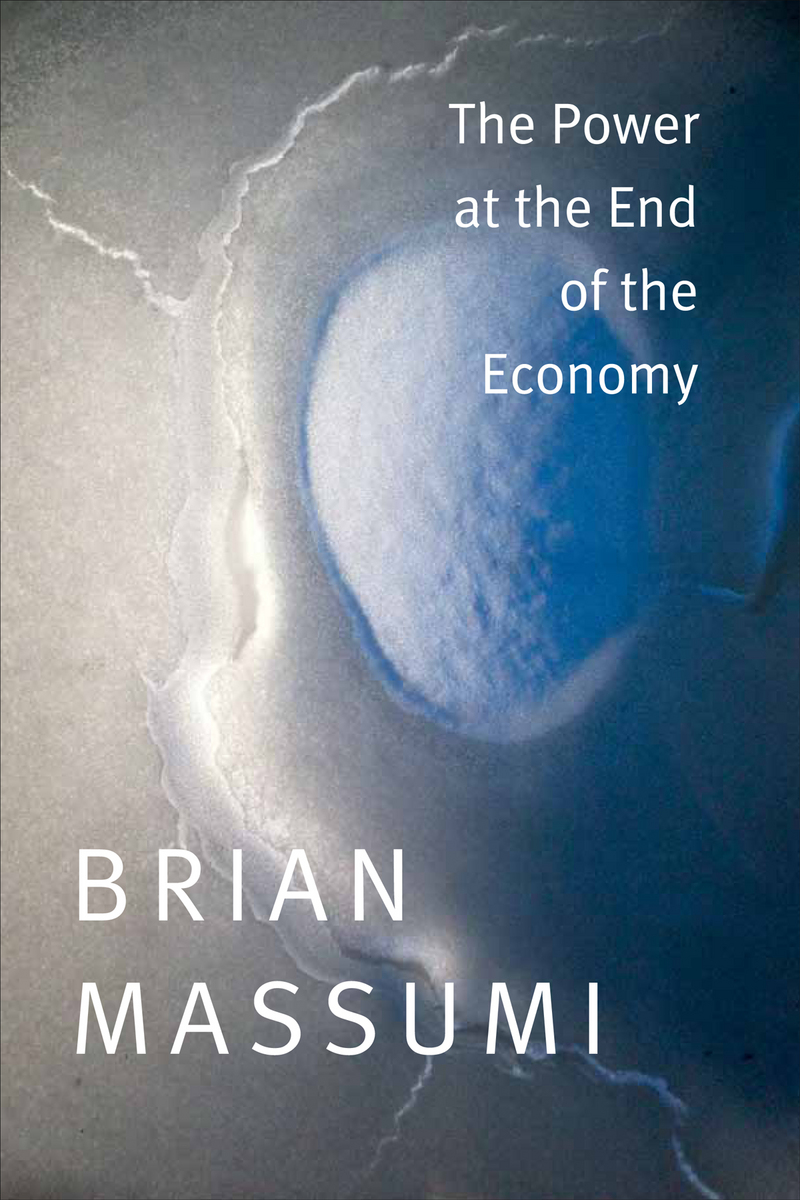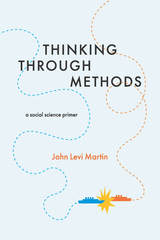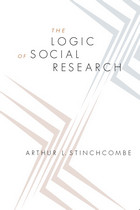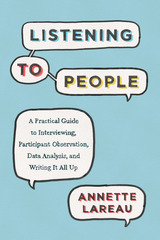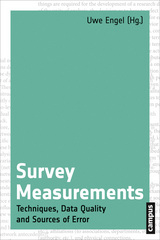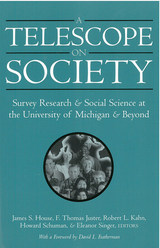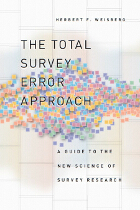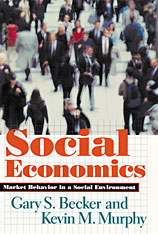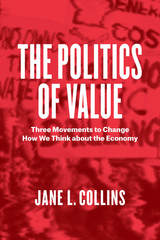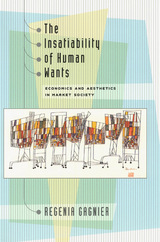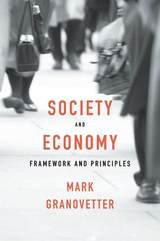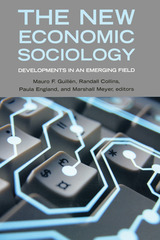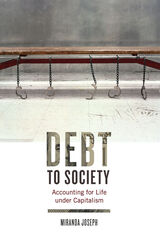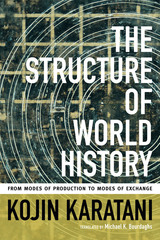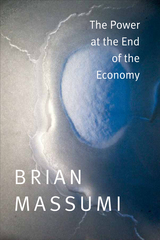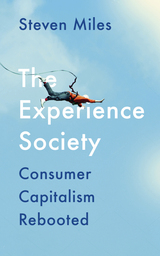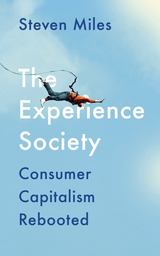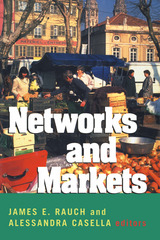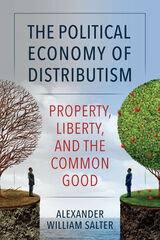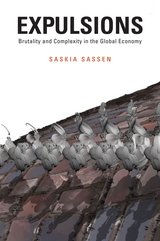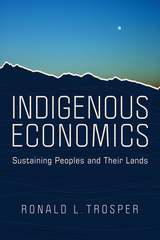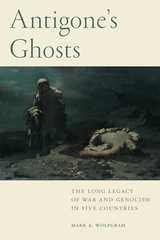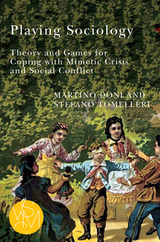The Power at the End of the Economy
Duke University Press, 2015
eISBN: 978-0-8223-7581-4 | Cloth: 978-0-8223-5824-4 | Paper: 978-0-8223-5838-1
Library of Congress Classification HM548.M37 2015
See other books on: Economy | End | Massumi, Brian | Power at | Sociological aspects
See other titles from Duke University Press
eISBN: 978-0-8223-7581-4 | Cloth: 978-0-8223-5824-4 | Paper: 978-0-8223-5838-1
Library of Congress Classification HM548.M37 2015
ABOUT THIS BOOK | AUTHOR BIOGRAPHY | REVIEWS | TOC | REQUEST ACCESSIBLE FILE
ABOUT THIS BOOK
Rational self-interest is often seen as being at the heart of liberal economic theory. In The Power at the End of the Economy Brian Massumi provides an alternative explanation, arguing that neoliberalism is grounded in complex interactions between the rational and the emotional. Offering a new theory of political economy that refuses the liberal prioritization of individual choice, Massumi emphasizes the means through which an individual’s affective tendencies resonate with those of others on infra-individual and transindividual levels. This nonconscious dimension of social and political events plays out in ways that defy the traditional equation between affect and the irrational. Massumi uses the Arab Spring and the Occupy Movement as examples to show how transformative action that exceeds self-interest takes place. Drawing from David Hume, Michel Foucault, Gilles Deleuze, Niklas Luhmann and the field of nonconsciousness studies, Massumi urges a rethinking of the relationship between rational choice and affect, arguing for a reassessment of the role of sympathy in political and economic affairs.
See other books on: Economy | End | Massumi, Brian | Power at | Sociological aspects
See other titles from Duke University Press
